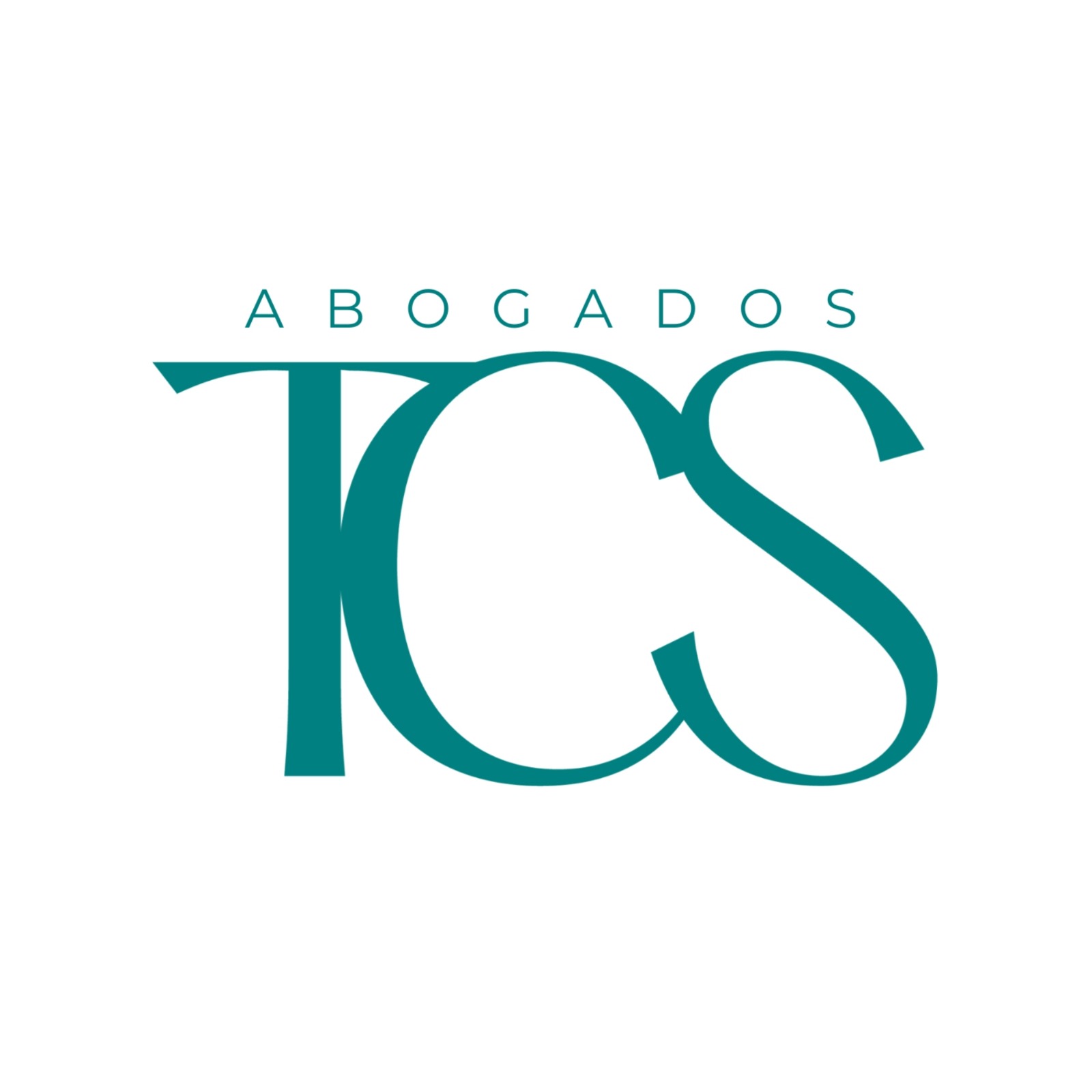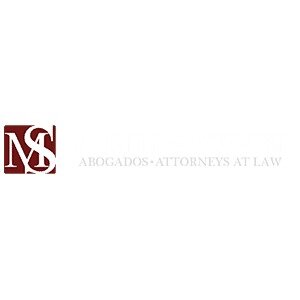Best General Litigation Lawyers in Dominican Republic
Share your needs with us, get contacted by law firms.
Free. Takes 2 min.
Or refine your search by selecting a city:
List of the best lawyers in Dominican Republic
About Litigation Law in Dominican Republic
Litigation in the Dominican Republic is governed by a mix of civil and criminal procedures that are largely influenced by Continental European systems, particularly the French legal system. The country operates under a civil law system that prioritizes statutes written by the legislature. Litigation processes in the Dominican Republic can involve civil, criminal, and administrative cases, with the legal framework designed to ensure justice and the fair resolution of disputes. The judicial system is composed of several levels, including lower courts (Juzgados de Paz), appellate courts, and the Supreme Court of Justice, ensuring a structured approach to legal proceedings.
Why You May Need a Lawyer
There are numerous situations where individuals or businesses may require legal representation in litigation within the Dominican Republic:
- Contract disputes involving breach of agreement with suppliers or consumers.
- Real estate matters such as property disputes or tenant issues.
- Family law issues, including divorce and custody battles.
- Inheritance disputes concerning wills and estate management.
- Labor-related conflicts, such as wrongful termination cases.
- Commercial disputes involving business partnerships or mergers.
- Criminal defense in cases where one is accused of a crime.
- Administrative claims against government agencies.
Local Laws Overview
The Dominican Republic has a comprehensive set of laws that can affect litigation, including but not limited to:
- Civil Code: Governs personal legal conflicts, property, and contractual disputes.
- Commercial Code: Regulates matters concerning trade and business activities.
- Criminal Code: Covers offenses against individuals or the state, establishing crimes and penalties.
- Code of Civil Procedure: Describes the practices and formats for civil cases.
- Labor Code: Specifics the rights and responsibilities of employers and employees.
- Constitutional protections: Ensures fundamental rights and due process in litigation.
Frequently Asked Questions
What should I do if I am served with a lawsuit in the Dominican Republic?
It is crucial to seek legal advice immediately. A lawyer can help you understand the lawsuit, assess your options, and prepare a defense strategy within the required legal timeframes.
How long does litigation typically take in the Dominican Republic?
The duration varies significantly depending on the complexity of the case, court congestion, and whether it is settled out of court or proceeds to full trial. Civil cases may take months to years, while criminal cases can also vary based on the nature of the crime.
Can I represent myself in a Dominican court?
While it is possible to represent oneself, it is generally not recommended due to the complexity of legal proceedings and the advantages of having a knowledgeable attorney who understands local legal processes and terminology.
Is it possible to settle a dispute out of court?
Yes, many disputes can be settled out of court through negotiation, mediation, or arbitration, which are often quicker and less expensive than court trials.
How are legal fees structured in the Dominican Republic?
Legal fees often vary based on the attorney’s experience, the case's complexity, and the expected duration of litigation. Common structures include hourly rates, fixed fees, or contingency arrangements.
What are my rights during litigation?
You have the right to a fair trial, representation by an attorney, and the ability to appeal decisions under certain circumstances. A lawyer can advise on specific rights pertinent to your case.
Can foreign nationals engage in litigation in the Dominican Republic?
Yes, foreign nationals can pursue litigation and are subject to the same legal processes as Dominican citizens. It’s advisable to have a local attorney familiar with international aspects of law.
What is the role of evidence in Dominican litigation?
Evidence is crucial in litigation as it is used to support or refute claims. Both parties have the obligation to present relevant evidence to substantiate their positions.
What should I expect during a court trial in the Dominican Republic?
Expect a structured process where both parties present evidence and arguments. The judge examines the facts and applicable law to render a decision. Legal representation is important to navigate the trial effectively.
How does one enforce a court judgment in the Dominican Republic?
Enforcement involves ensuring the court’s judgment is implemented, which can be done through legal mechanisms such as property seizure or wage garnishment, depending on the nature of the judgment.
Additional Resources
For more information or assistance with litigation in the Dominican Republic, consider consulting the following:
- The Dominican Supreme Court of Justice for case law and decisions.
- Local bar associations that offer lawyer directories and legal seminars.
- Non-governmental organizations offering free or low-cost legal aid.
- Governmental bodies like the Ministry of Justice for procedural information and resources.
Next Steps
If you require legal assistance in litigation, the following steps can guide you in the process:
- Identify your legal needs and seek consultation from a qualified attorney specializing in the specific area of law relevant to your case.
- Gather all documents and evidence related to your legal issue as this will assist your lawyer in evaluating your case effectively.
- Explore different law firms or attorneys, considering their experience and reputation in litigation. Many legal practitioners offer an initial consultation to discuss your case.
- Understand the potential costs involved and discuss fee structures with potential lawyers.
- Once you select an attorney, communicate openly and follow their advice to ensure the best possible outcome in your litigation.
Lawzana helps you find the best lawyers and law firms in Dominican Republic through a curated and pre-screened list of qualified legal professionals. Our platform offers rankings and detailed profiles of attorneys and law firms, allowing you to compare based on practice areas, including General Litigation, experience, and client feedback.
Each profile includes a description of the firm's areas of practice, client reviews, team members and partners, year of establishment, spoken languages, office locations, contact information, social media presence, and any published articles or resources. Most firms on our platform speak English and are experienced in both local and international legal matters.
Get a quote from top-rated law firms in Dominican Republic — quickly, securely, and without unnecessary hassle.
Disclaimer:
The information provided on this page is for general informational purposes only and does not constitute legal advice. While we strive to ensure the accuracy and relevance of the content, legal information may change over time, and interpretations of the law can vary. You should always consult with a qualified legal professional for advice specific to your situation.
We disclaim all liability for actions taken or not taken based on the content of this page. If you believe any information is incorrect or outdated, please contact us, and we will review and update it where appropriate.
Browse general litigation law firms by city in Dominican Republic
Refine your search by selecting a city.















